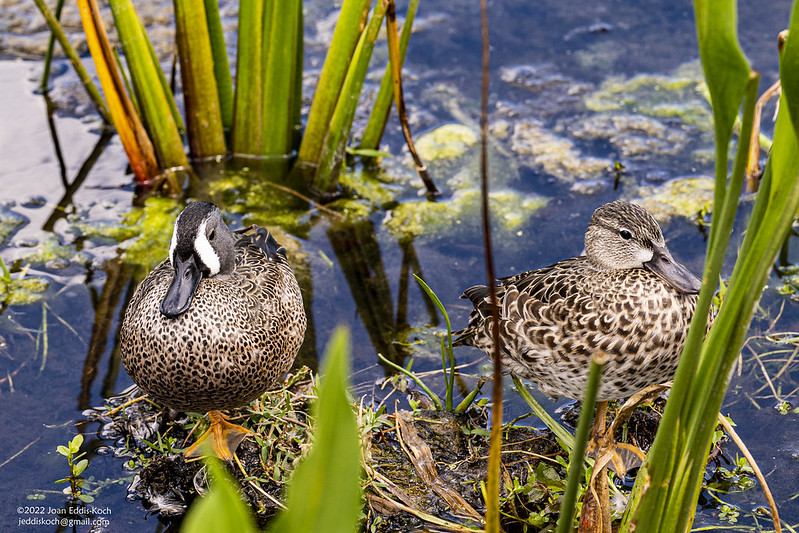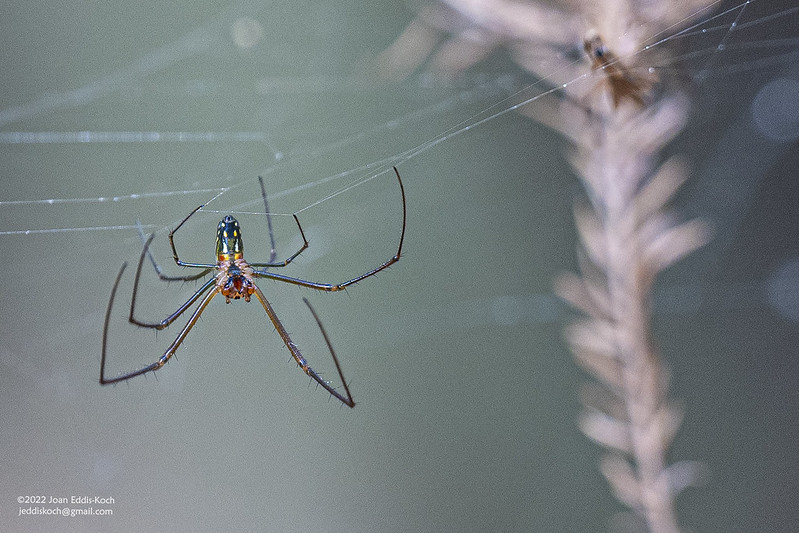gary
Member
here's my first puzzler, can't figure out what this bird is

here is a more head on view
[url=https://k-gphotos.smugmug.com/2022/BIRDMANI-2022/3422-FRIDAY/i-hLKHzD4/A] [/URL]
[/URL]

here is a more head on view
[url=https://k-gphotos.smugmug.com/2022/BIRDMANI-2022/3422-FRIDAY/i-hLKHzD4/A]
 [/URL]
[/URL]








 3 04 22 Blue Winged Teal duck 0457
3 04 22 Blue Winged Teal duck 0457 3 04 22 orchard orbweaver spider 0505
3 04 22 orchard orbweaver spider 0505 3 24 22 American Coot Duck 0452
3 24 22 American Coot Duck 0452